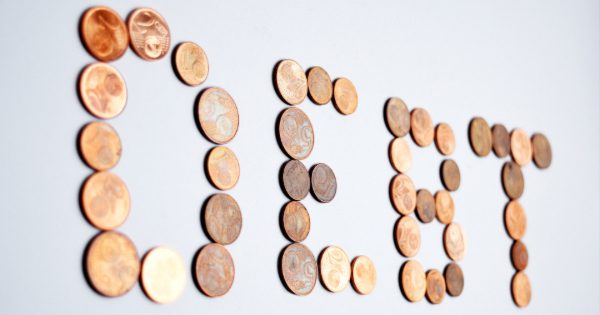Having poor or lousy credit is burdensome and limiting. A credit score that is at or below 619 on the FICO score is classified as bad, and it can hold you back in life in countless ways. Bad credit can make insurance more costly for you through higher premiums. If you need any emergency financing, having bad credit will make it more expensive to attain. If your score is low enough, a reasonable home mortgage may be completely out of your reach.
It is startling to know that only 20.4% of Americans have a credit score of 800-850. A score above 800 is classified as excellent.
However, you can rebuild your credit without it being a complicated affair. As long as you come up with a viable plan and are patient to see the process through, you will succeed. You’ll also need to be willing to change your habits, such as utilizing early payment options instead of paying debt at the last minute. Here are some ideas you can pursue to begin improving your credit
1. Get a Current Picture of Your Credit Situation
Before you can begin your journey to rebuilding credit, you first need to ascertain your credit situation. Knowing where the red ink is will help you prioritize the most effective ways to remedy the damage. You can get a free credit report per year from each of the three bureaus.
Look through your credit report for errors that can lower your credit score. If you find anything that you think is not correct, you need to dispute it to correct it. Found any fraudulent accounts as you went through the report? Alert the credit bureau so that they can put your credit on hold and help remedy the identity theft.
2. Catch up on All Your Overdue Payments
The single most significant factor that affects your credit score is the payment history of your account. Until you clear any outstanding debt, you will not make any inroads in building your credit back up. Get in touch with your creditors to work out a payment plan if you need time to pay of debt. Be honest with them and let them know how much you can afford to pay so that they can assist you in drawing up a favorable plan in line with your finances.
3. Make It a Habit to Meet Your Bills on Time
Having cleared the outstanding debt, you now want to create a track record that shows you pay your bills on time every month. On-time payment is not just on your credit bills alone but all bills. If you happen to be late on your rent payment or utility bills, your creditors could report it and affect your future finance options. If they do, then your score will get dragged down by a non-credit bill.
Should you be struggling to remember to deal with the bills on time, consider building good habits like automatic withdrawals. That way, whenever your income comes in, you won’t need always to remind yourself when to pay the bill. The consistency such a habit can provide is a critical factor in getting your score back up again.
4. Utilize Bad Credit Financing
Lease to own programs are a no credit needed financing avenue that will help you begin creating a history of on-time payments. Make sure to never delay on an installment to improve your credit status.
5. Pay Your Credit Card
Clear any outstanding credit card balances and once you’re caught up, take advantage of early payment options. When you follow through on early payment options on your card, you’ll save on interest via the interest-free grace period.
Additionally, exercising early payment options on a credit card has a positive effect on your credit score. Early payment means that you will lower the percentage of available credit that you’re using (known as credit utilization). Thus, you will be deemed more creditworthy since you can manage without maxing out on your credit.
Rebuilding Your Credit Is Tough but Worthwhile
Having bad credit can make life harder than it has to be. The good news is that you can begin repairing your credit by being patient to see any repair strategy through. Changing your habits, such as following through on early payment options compared to letting debt rollover is key to achieving your goal.



